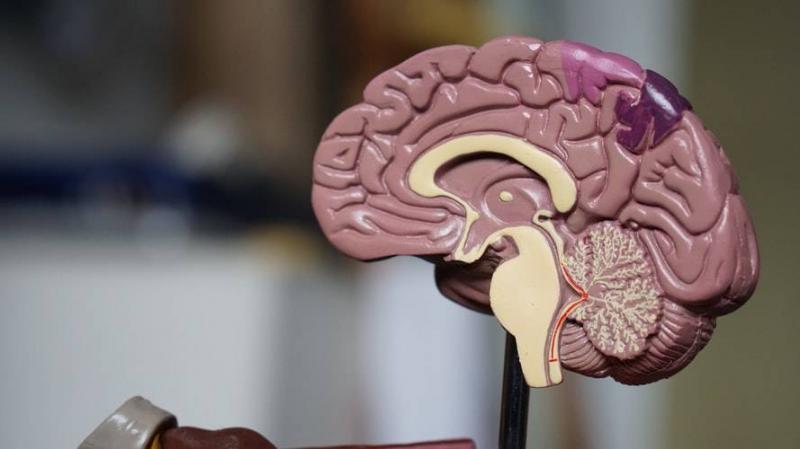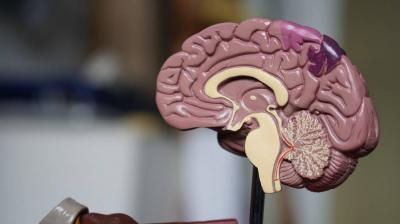Results from a new study conducted at the University of Huddersfield in England indicate that the coronavirus does not replicate in the brain; however, when it reaches the brain, it triggers immune responses. This explains why some COVID-19 patients have reported persistent symptoms such as "brain fog" and memory loss.
Professor Mayo Olajide's study is the first to reveal how brain cells interact with the virus, following prior work by Huddersfield researchers who were among the first to show how the inflammation caused by the coronavirus can lead to neurological damage in the brains of some patients. Previous research had detailed how the virus can enter the brain through the nasal passages.
The new study, published in the journal "Molecular Neurobiology," raises questions regarding the impact of the coronavirus on the brain and whether it could pose a risk for neurodegenerative disorders such as Alzheimer’s or Parkinson’s disease. The long-term effects of COVID-19 infections are still under observation and research. Professor Olajide had previously discovered the effect of a substance found in pomegranates that can slow the progression of Alzheimer’s disease.




